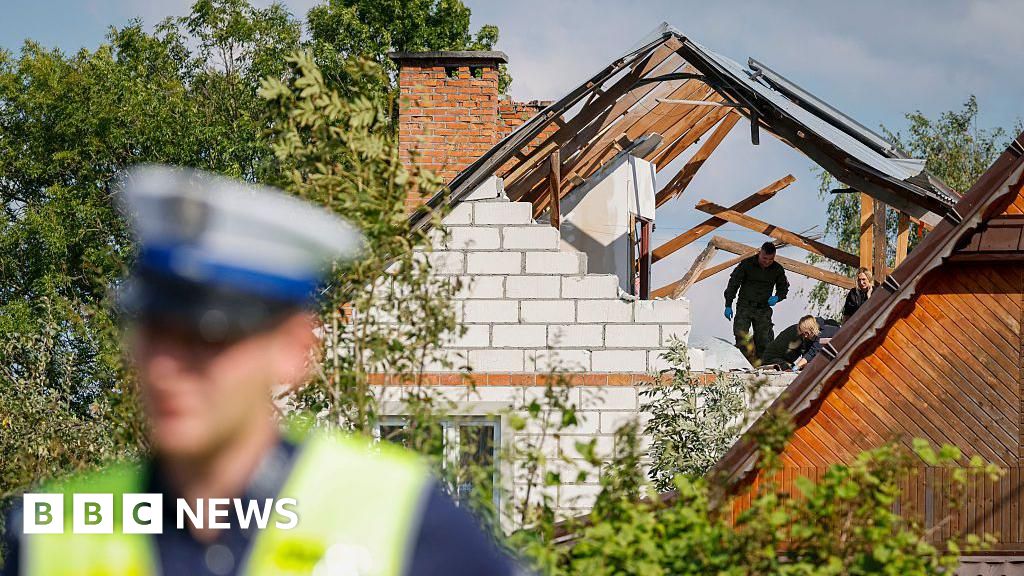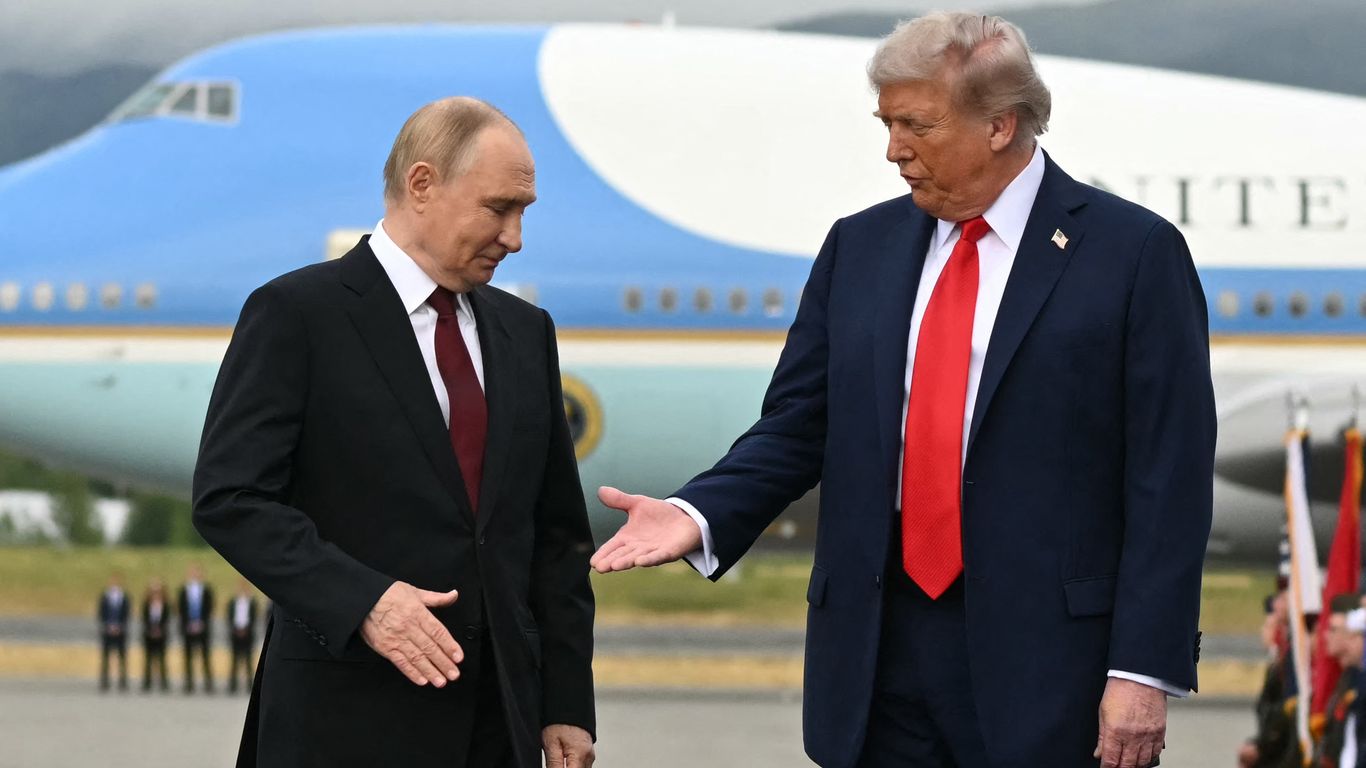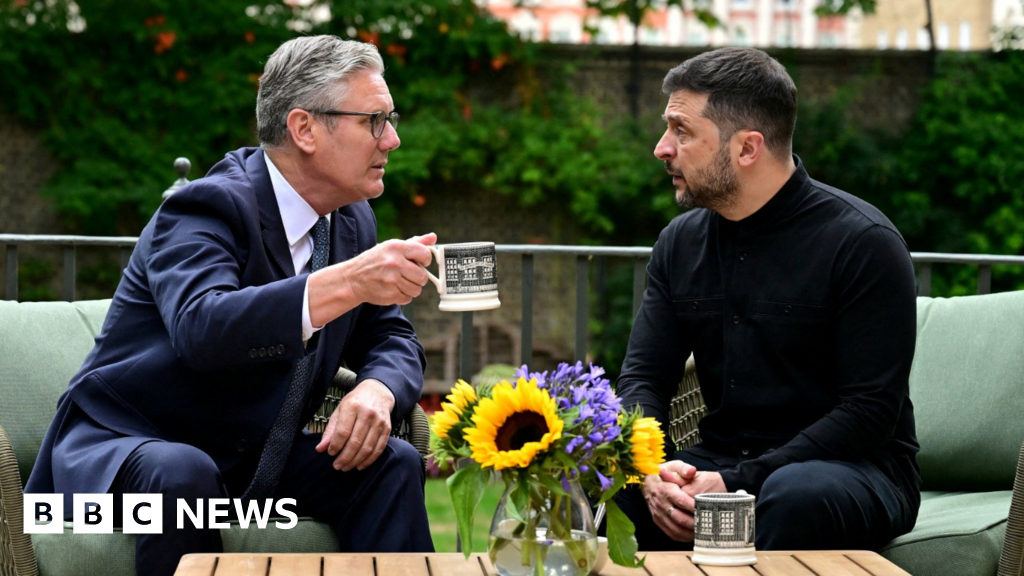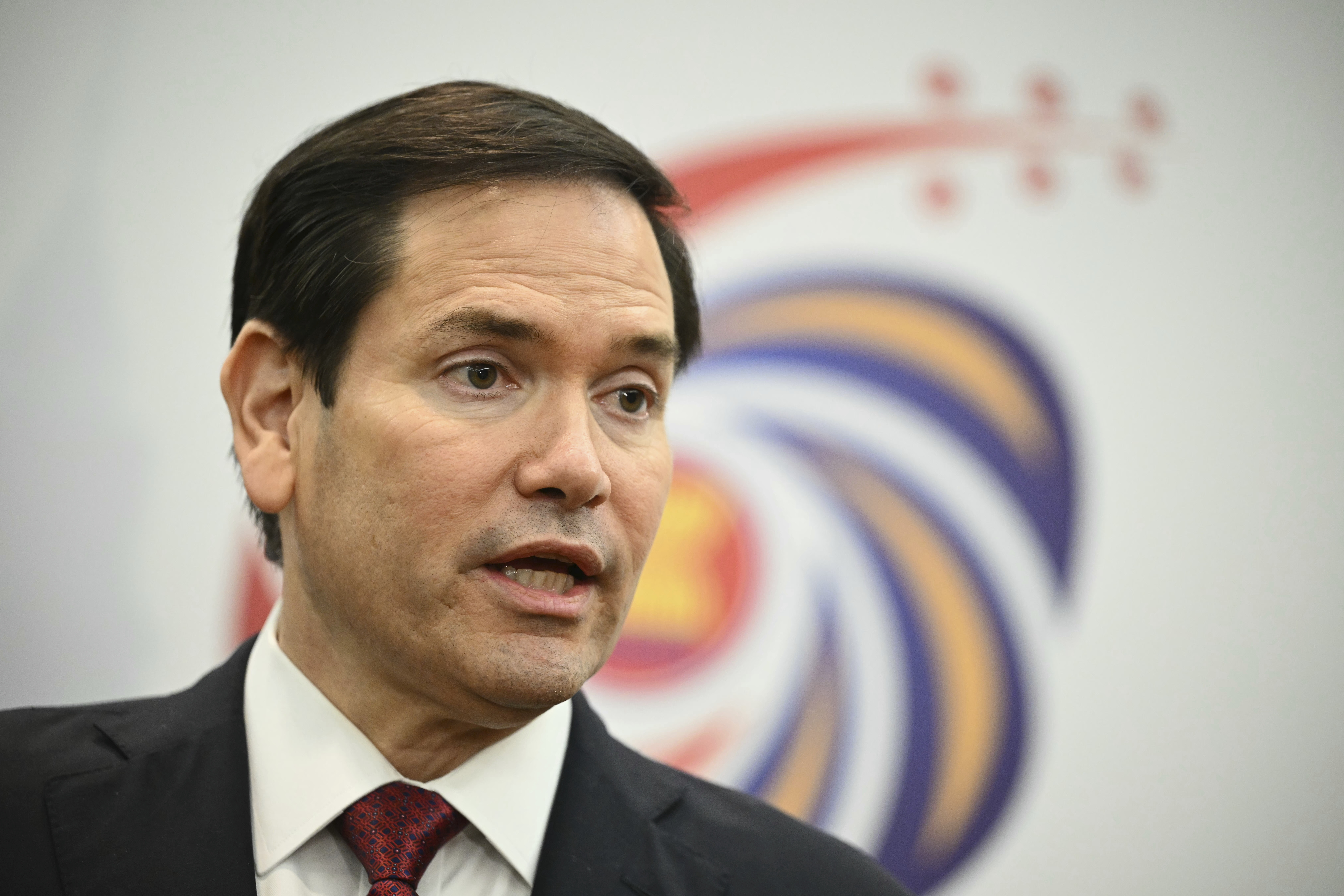Russia's Drone Raid on Poland: Tensions Rise Between Two Nations
#russia #poland #drone raid #tensions #international response
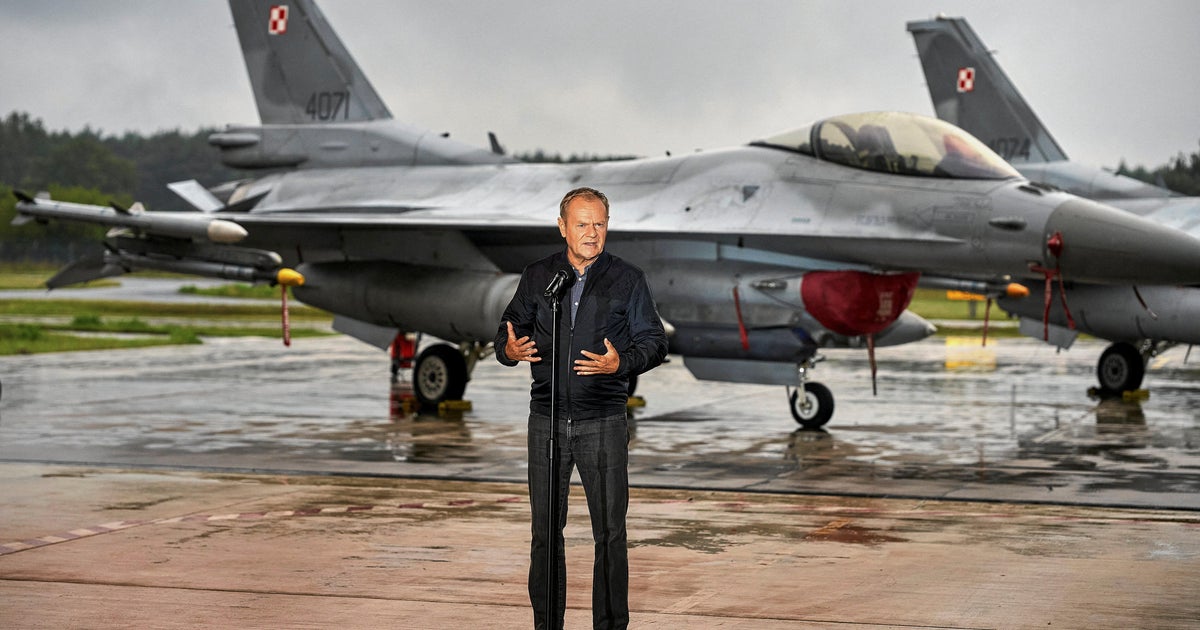
Introduction
In a recent interview, President Trump suggested that Russia's drone raid on Poland "could have been a mistake." However, Poland's leader has firmly rejected this notion, stating that "we would also wish that the drone attack on Poland was a mistake. But it wasn't." This statement comes after the drone attack, which has been confirmed to have originated from Russia and caused significant damage in Polish territory.
Background
The drone attack, which occurred on a military base in Poland, has caused tension between the two countries. This is not the first time Russia has been accused of aggression towards Poland, with previous incidents including airspace violations and cyber attacks. The recent drone raid further adds to the strained relationship between the two nations, with Poland condemning the attack and calling for a response from the international community.
Impact
The rejection of Trump's suggestion by Poland's leader highlights the seriousness of the situation and the need for swift action. This incident has also raised concerns about the use of drones as weapons and the potential for further attacks in the future. With tensions already high between Russia and Poland, this drone raid has only added fuel to the fire and could potentially lead to further conflicts and repercussions in the region. It is crucial for all countries involved to address this issue and work towards finding a resolution to prevent any future incidents.
About the People Mentioned
Donald Trump
Donald John Trump, born June 14, 1946, in Queens, New York, is an American businessman, media personality, and politician. He graduated from the University of Pennsylvania’s Wharton School in 1968 with a degree in economics. In 1971, he took over his family’s real estate business, renaming it the Trump Organization, through which he expanded into building and managing skyscrapers, hotels, casinos, and golf courses. Trump gained widespread fame as the host of the reality TV show *The Apprentice* from 2004 to 2015, which helped establish his public persona as a successful entrepreneur. Trump entered politics as a Republican and was elected the 45th president of the United States, serving from 2017 to 2021. His presidency was marked by significant policy actions including tax cuts, deregulation, the appointment of three Supreme Court justices, renegotiation of trade agreements (notably replacing NAFTA with the USMCA), and a focus on immigration control including border wall expansion. He withdrew the U.S. from international agreements such as the Paris Climate Accord and the Iran nuclear deal, and engaged in a trade war with China. His administration’s response to the COVID-19 pandemic was criticized for downplaying the virus’s severity. Trump was impeached twice by the House of Representatives—first in 2019 for abuse of power and obstruction, and again in 2021 for incitement of insurrection—but was acquitted by the Senate both times. After losing the 2020 election to Joe Biden, Trump challenged the results, culminating in the January 6, 2021, Capitol riot. He remains a central figure in American politics, having won the 2024 presidential election and returned as the 47th president in 2025, continuing to promote policies aimed at economic growth, border security, and military strength[1][2][3][4].
About the Organizations Mentioned
Russia
Russia, officially known as the Russian Federation, is not an organization but a sovereign state and the largest country in the world by land area, spanning Eastern Europe and northern Asia. With a population of nearly 144 million as of 2025, Russia ranks ninth globally by population and is characterized by significant ethnic diversity, with over 80% identifying as ethnic Russians and numerous minority groups contributing to its cultural tapestry[4]. The capital, Moscow, is a major global city and the country’s political, economic, and technological hub. ## Historical Overview Russia’s history is marked by its transformation from the Tsarist Empire to the Soviet Union and, after its dissolution in 1991, to the present-day Russian Federation. The post-Soviet era saw Russia’s integration into the global economy, though it retained a centralized political system with power concentrated in the presidency[7]. The country’s economy, historically resource-based, relies heavily on oil, gas, and minerals, but has also developed significant industrial, technological, and military sectors. ## Economic Profile and Key Achievements Russia’s economy is the world’s twelfth-largest consumer market, with about 70% of GDP driven by domestic consumption[1]. It has a “very high” Human Development Index ranking and boasts the fifth-highest number of billionaires globally, though income inequality and regional disparities remain pronounced[1]. Major achievements include surviving extensive Western sanctions after the 2022 invasion of Ukraine, maintaining economic stability through increased military spending, and pivoting energy exports to Asia[1][5]. The country has also played a leading role in the BRICS bloc, advocating for reforms in the international financial system and promoting technological innovation among developing economies[6]. ## Current Status and Challenges As of late 2025, Russia’s economy is experiencing a pronounced slowdown, with GDP growth cooling to around 1% after robust expansion in 2023–2024[2][3]. High military expenditure (
Poland
The query appears to misunderstand "Poland" as an organization, but Poland is a sovereign country in Central Europe, not a company or organization. However, summarizing Poland’s economic, technological, and business landscape as of 2025 provides insight relevant to business and technology news. Poland is a rapidly growing European economy with a population of about 37.8 million and a GDP exceeding $920 billion in 2024. It boasts a well-diversified economic structure integrated into regional value chains, supported by macroeconomic stability, a sound financial sector, and strong labor markets[3]. In 2025, the European Bank for Reconstruction and Development (EBRD) forecasts Poland’s GDP growth at 3.5%, reflecting rising public investment in energy transition, transport infrastructure, and defense procurement, alongside easing inflation and higher wages[1]. Key sectors driving growth include transport and logistics, public administration, trade, and construction, with the economy showing healthy investment and production increases rather than relying solely on consumption[2]. However, private investment faces volatility due to global trade tensions and elevated borrowing costs[1]. Poland is also navigating challenges such as an aging population and the need for technological innovation, with a strategic focus on clean value chains, advanced manufacturing, and digital transformation including Artificial Intelligence (AI)[3]. Poland ranks 39th globally in the 2025 Global Innovation Index, indicating steady progress in innovation capabilities among high-income economies[6]. The government under Prime Minister Donald Tusk emphasizes investments in defense, green energy, IT, and transport infrastructure as part of its 2025 development plan, aiming to strengthen institutional frameworks and regulatory predictability[9]. Despite some fiscal pressures, Poland is committed to medium-term fiscal consolidation aligned with EU rules[3][4]. Notable aspects include Poland’s resilience amid global economic turbulence, ongoing reforms in governance and rule of law, and a commitment to digital government improvements, though challenges remain in sectors like finance and IT due to recent cooling[
International Community
The **International Communities Organisation (ICO)** is a London-based international NGO established in 2016, dedicated to protecting the rights of minority and disadvantaged groups worldwide. It focuses on securing access for these communities to rights enshrined in the International Covenant on Civil and Political Rights (ICCPR) and the International Covenant on Economic, Social and Cultural Rights (ICESCR). ICO empowers minorities by equipping them with tools and knowledge to autonomously pursue their social, economic, cultural, and political ambitions through peaceful and diplomatic means[1][2][3]. ICO’s mission centers on fostering peace and reconciliation by promoting cross-cultural cooperation and respect within and among communities. It believes in building peace not by imposing one group's views over another but by constructing a shared vision for a better future. The organization creates platforms that bring together diplomats, academics, lawyers, policy practitioners, researchers, and community representatives to develop collaborative strategies for sustainable peace and justice[1][3]. Key achievements include obtaining special consultative status with the United Nations Economic and Social Council (ECOSOC) in 2021, which amplifies its influence in international peacebuilding and human rights advocacy. ICO has actively facilitated dialogue and reconciliation efforts, notably in conflict regions such as Israel and the Occupied Palestinian Territories, where it promotes multilateralism and sustainable governance focused on the specific needs of minority communities[3]. Currently, ICO continues to engage with states and civil society to strengthen the implementation of legal rights, promote leadership training for minority members, and foster environments where cultural respect and autonomous community development are prioritized. Its neutral and independent stance allows it to act as a voice for the voiceless, advocating for peaceful self-determination and inclusivity in global governance frameworks[1][2][3]. Notably, ICO stands out in the business and technology news context by emphasizing the role of peaceful community empowerment and legal frameworks in stabilizing regions, which can indirectly impact economic development and technological progress by creating more equitable and stable environments.
